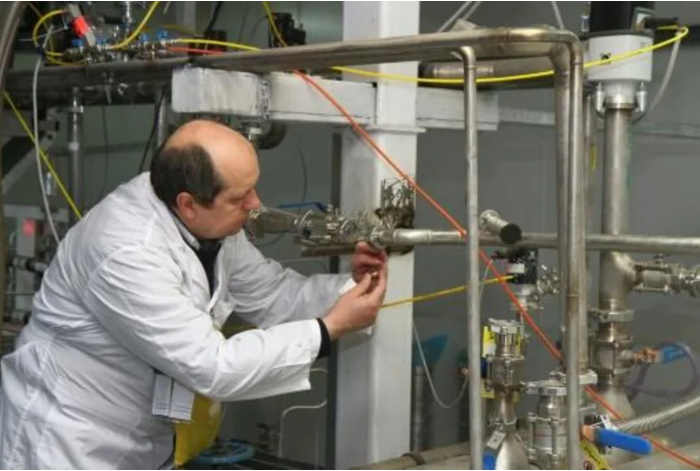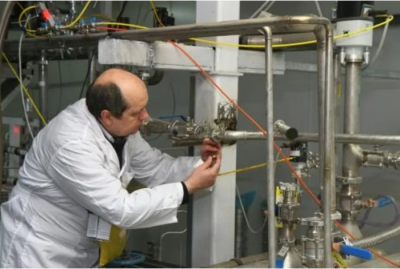On Tuesday, the International Atomic Energy Agency (IAEA) announced that Iran has established a new mechanism to accelerate the production of uranium enriched to 60%, amid diplomatic talks aimed at saving the 2015 nuclear agreement. In his latest report, IAEA Director General Rafael Grossi informed member states that Tehran has "developed a new operational mechanism for producing uranium enriched to 60%" at the Natanz facility (central Iran), according to a statement seen by AFP.
The UN agency clarified that the new mechanism involves using "two sets of centrifuges" instead of one set, excluding a preliminary test conducted for a few days in April, adding that Tehran has already implemented this mechanism. Iran began enriching uranium to 60% in April, up from 20% previously, which is well above the 3.67% limit set in the international agreement regarding Iran's nuclear program. Manufacturing a nuclear bomb requires enrichment levels of up to 90%, along with other essential stages.
The Islamic Republic, which has consistently denied aspirations for nuclear weapons, has gradually distanced itself from its commitments since the United States withdrew from the agreement in 2018. The agreement has been at risk since then-President Donald Trump decided to withdraw and re-impose US sanctions on Tehran.
US President Joe Biden is seeking to return to the agreement, and indirect talks on this matter began in Vienna in April with European mediation. However, the last session held on June 20 did not result in any tangible progress. The European Union has mentioned a possible resumption of talks in early September, while new Iranian President Ebrahim Raisi, a hardliner, has welcomed efforts to lift the US sanctions that are straining his country's economy.
On Monday, the United States expressed concern over the IAEA's recent announcement that Iran is working on producing enriched metallic uranium, urging the Islamic Republic to return to the negotiating table. According to Grossi's report, Iran produced 200 grams of enriched metallic uranium after previously declaring that it had started producing metallic uranium for research purposes, a sensitive issue since this material can be used in the manufacture of nuclear weapons. The US State Department stated that the United States has reviewed the latest report prepared by IAEA members and believes that Iran "has no legitimate need to produce metallic uranium."




